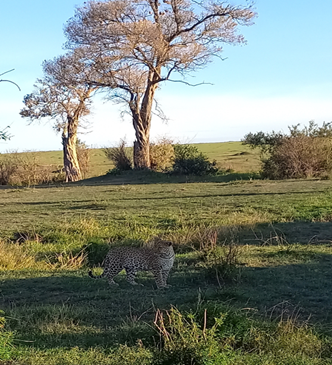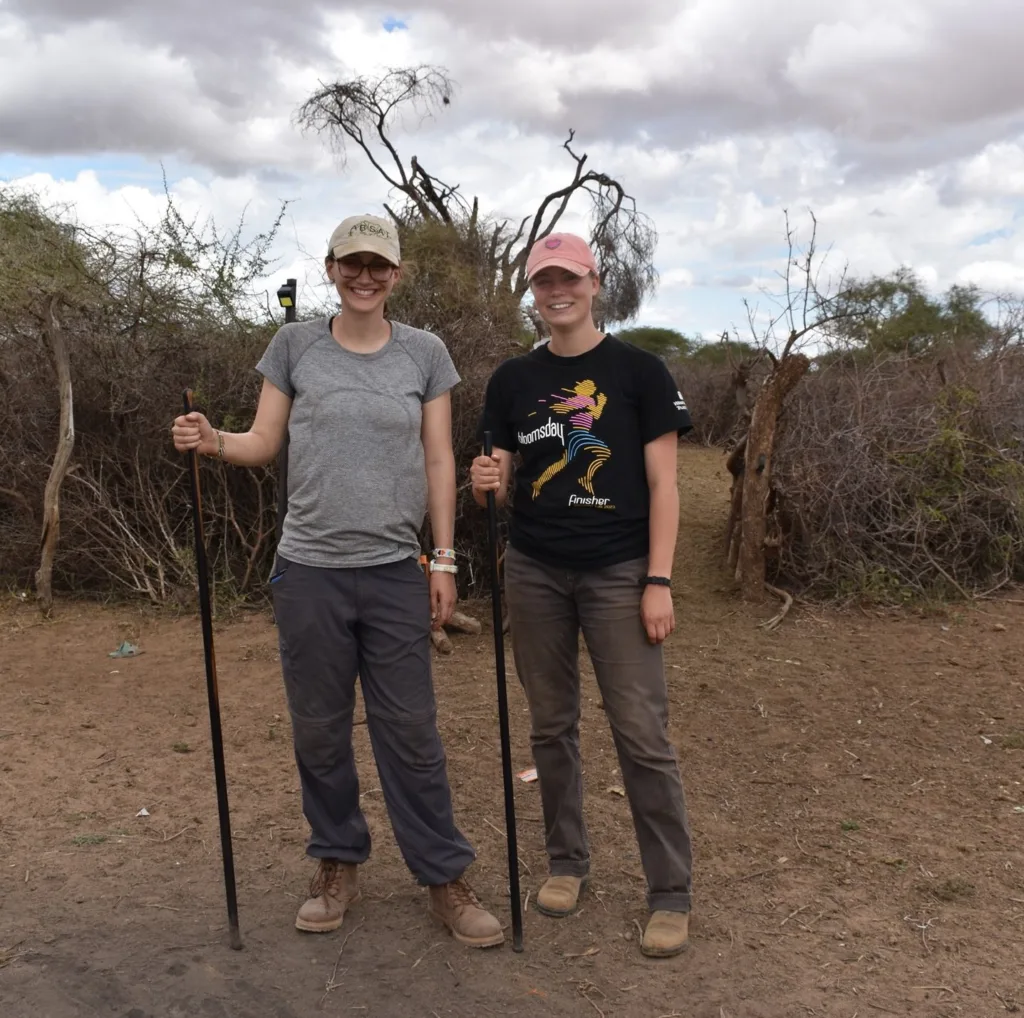Adventure and Education
The Center for Marine Resources Studies (CMRS) at The School for Field Studies in South Caicos is off to a roaring start. Twenty-eight college students from all over the world including Asia, United States, and the Turks and Caicos Islands have finally settled into the rigors of the routine for the Summer I course of Tropical Marine Ecosystems: Monitoring and Management. The adventure began when all the students arrived and completed a site tour, logistical meetings, swim check out, and waterfront safety meeting.
Students are now in the trenches of the academics of the course. After only a single day of course work, students have already realized that this program is stringent and demanding. Within two days, the students had their first identification (ID) quiz on organisms within the mangroves and sea grass; and one week into the program they are preparing for their ID exam for the mangroves and seagrass as well as both invertebrates and vertebrates.
However, identification is not the only part of the course. Lectures are conducted for the students to understand the background as to why research is done and how the research they do can directly affect stakeholders. Other activities that are expected throughout this session include an exercise on the Tragedy of the Commons, Field Exercises on mangroves, sea grass and corals; as well as an enforcement exercise, coral bleaching exercise, and reef check.
This summer program is allowing the students to partake in field research techniques and understand how they work. Often students from summer programs return to the home institution and attempt to be more involved in their local projects at school or in the community. In order for the students to be able to observe how the research affects the local stakeholders, this summer term will conduct research on the key Queen Conch species of the TCI. The information gathered will include size (siphonal length and lip thickness), location and abundance both inside and outside of the East Harbour Lobster and Conch Reserve (EHLCR). Upon completion of the data collection, the students will analyze the data and prepare group reports on the status of the Queen Conch project.
Additionally, the students have been involved with the local community through the outreach program. Everyone has appeared very enthusiastic to be involved with the young people of the TCI and assist in the understanding of the marine environment. Students have already partaken in the Marine Research Snorkel Club, swim lessons, arts / crafts, and soccer with the young people.
To sum up the course, the program has appeared to come full circle. This program has continued to evolve and this summer has been able to strengthen the goal of field research for college academia. Students that have participated in the summer programs have seemed to enjoy the activities, but often express interest in more “hands-on” research experiences. The summer 2016 incorporates applied scientific methods as a core course.
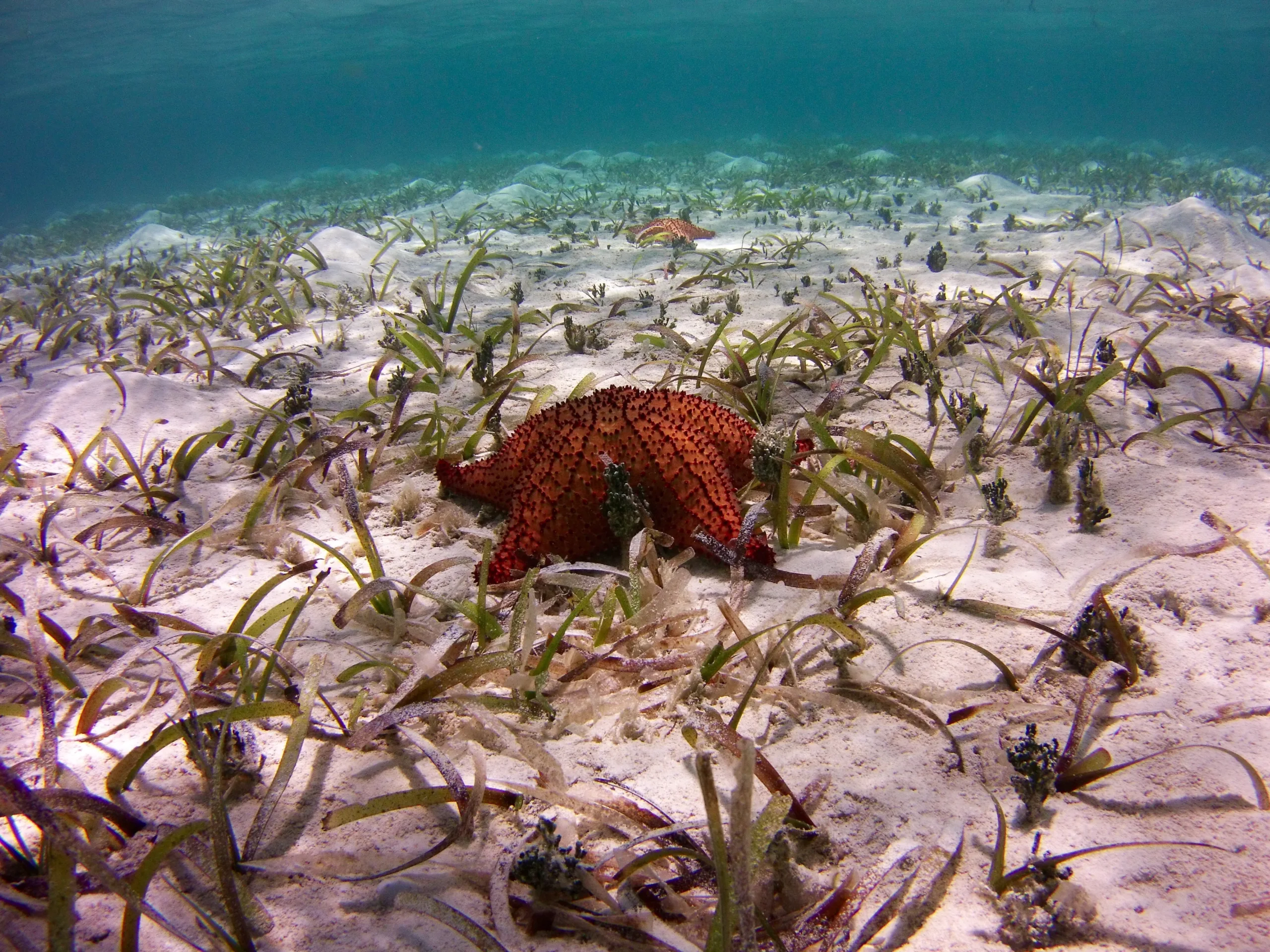
Invertebrate identification (Cushion sea star)
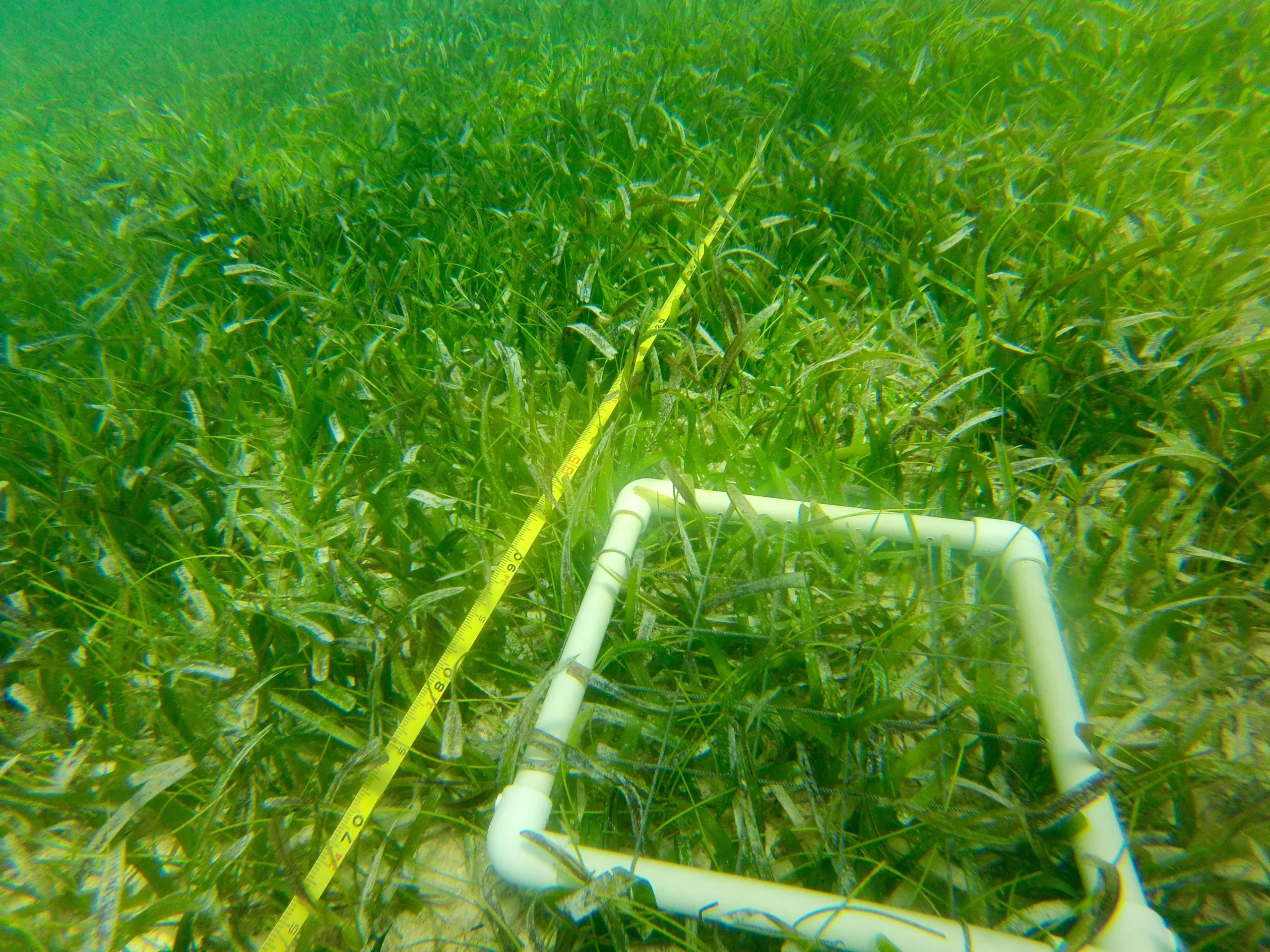
Seagrass field exercise
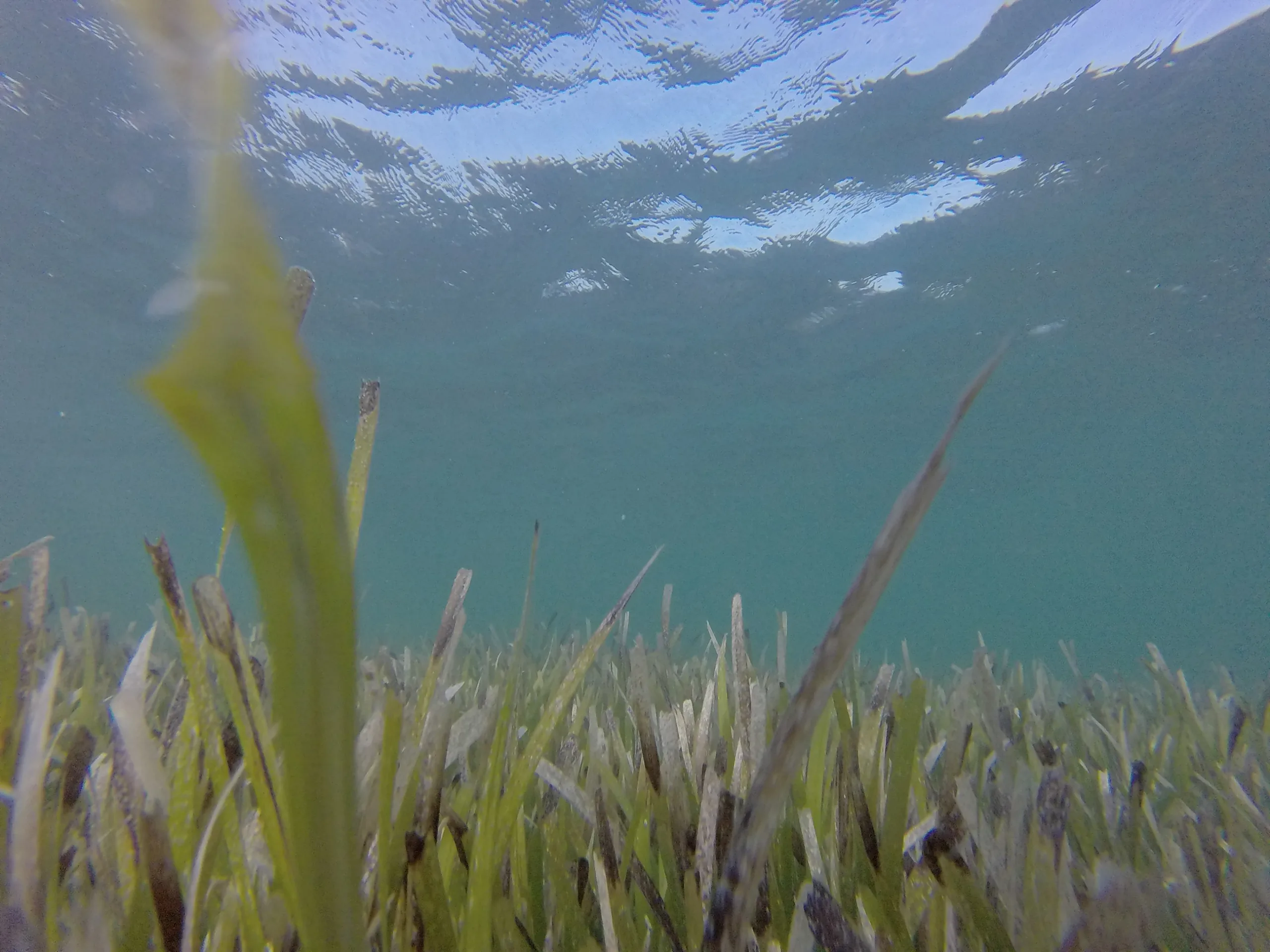
Seagrass field exercise
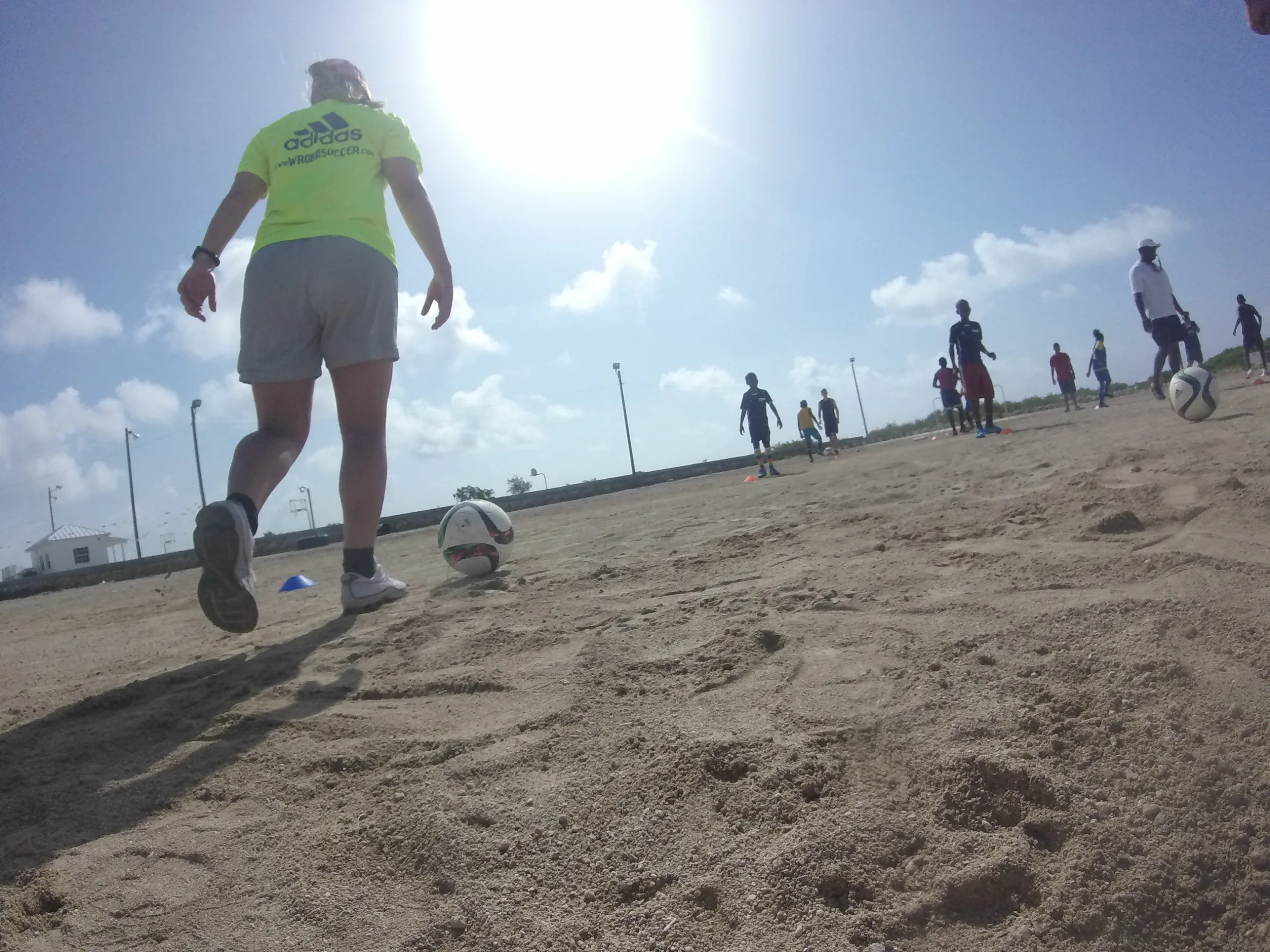
Community Soccer Game
As I have stated many times adventure and education are working cohesively in the Turks and Caicos Islands at the Center for Marine Resource Studies (CMRS), South Caicos.
However, academics have not been exclusive to the three projects. In an effort to maintain student interest and participation, personal staff research projects have also been introduced to the students for participation in data collection. A project that has been on-going is that the Marine Turtle Monitoring. At the Center, students are provided the opportunity to capture turtles, take measurements of the individuals, tag and release. The data from this project is used in conjunction with the Marine Conservancy and the Department of Environment and Maritime Affairs (DEMA). It has been exhilarating to see students involved and excited about the research activities at the CMRS.
Finally, faculty are able to analysis their research and collaborate with other persons involved in research. In an effort to continue collaboration, faculty are involved in research beyond the scope of the student work. An article, Effects of Understanding Catch and Effort on Surplus Production Models, by Kristen Omari, J. Hoenig, M. Luehrin and K. Lockhart has been published in Fisheries Research 2016. It is exciting that the SFS program has been able to reach beyond the classroom and provide data of interest to a large group of stakeholders.
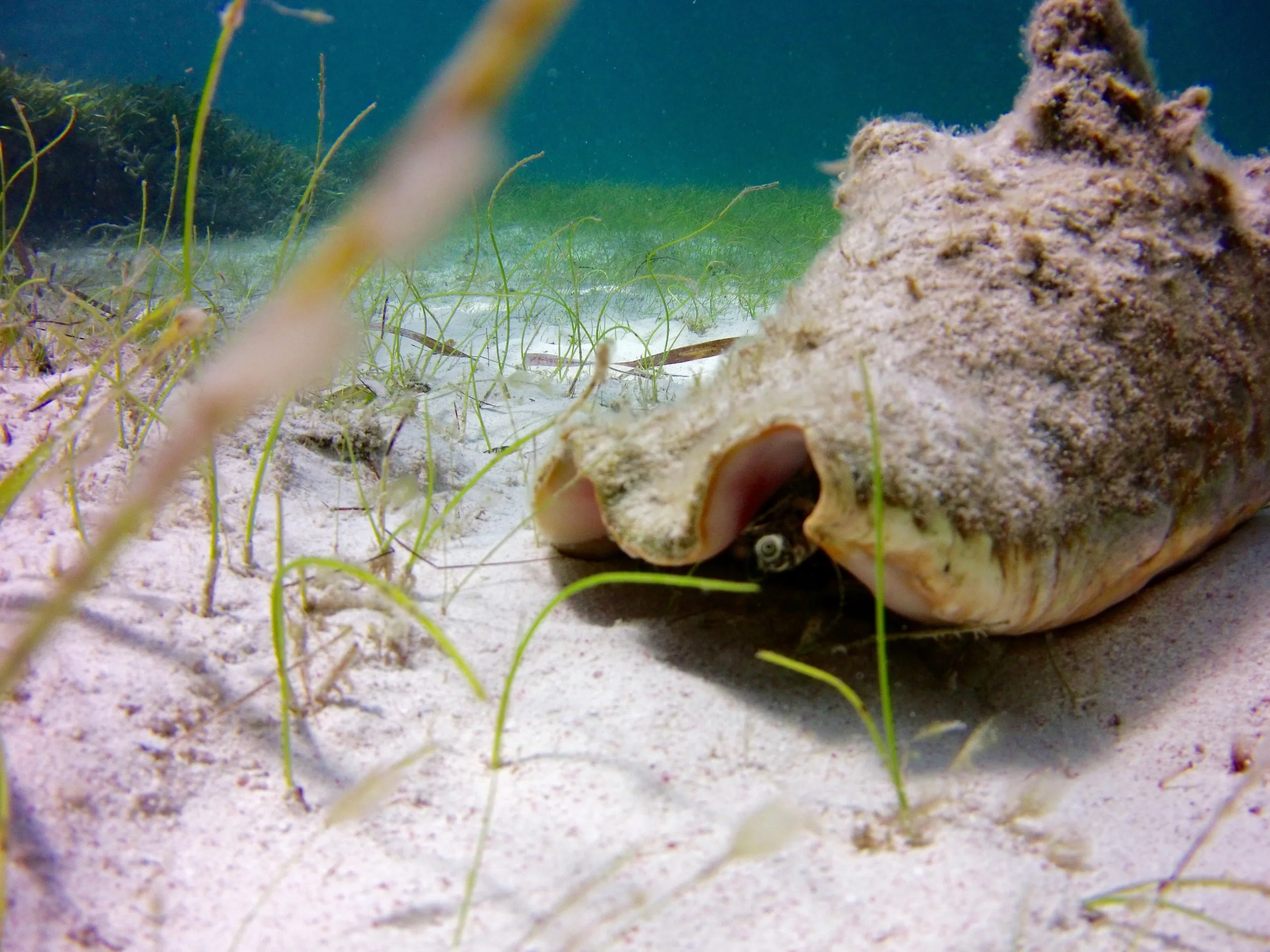
Queen Conch (Lobatus gigas)
Related Posts
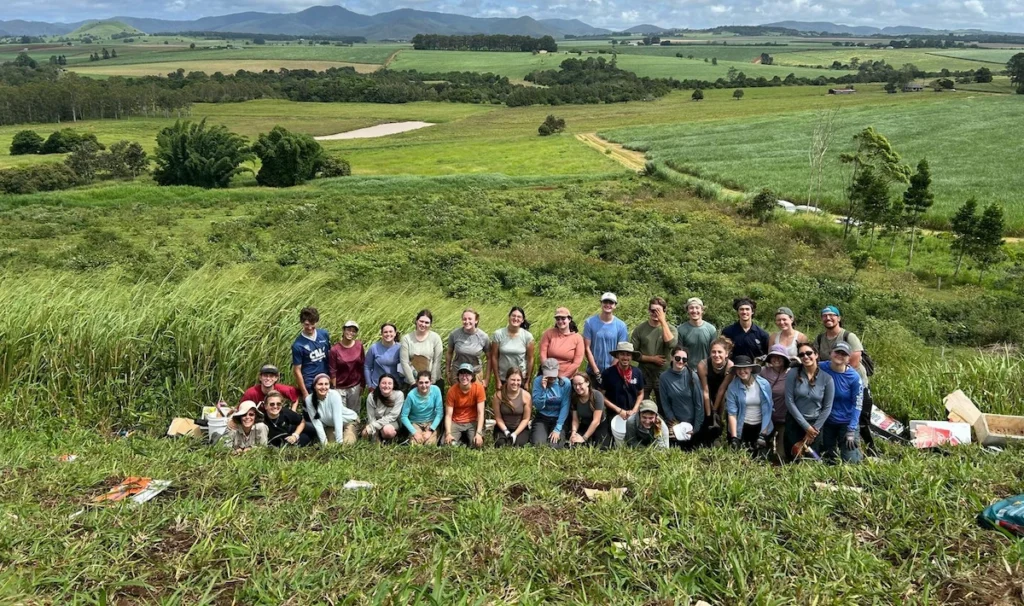
Cinder Cone Chronicles: Lessons from Drought, Data, and Determination
